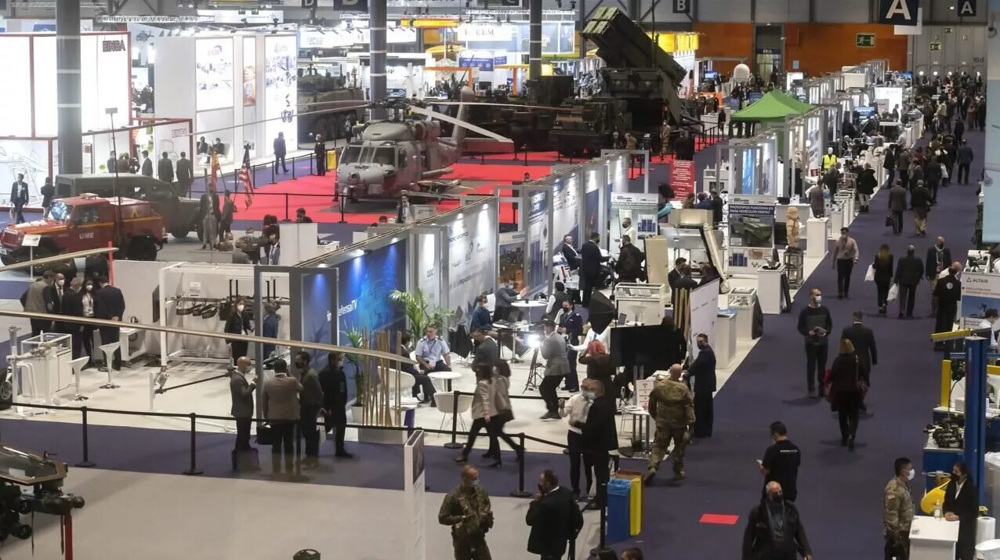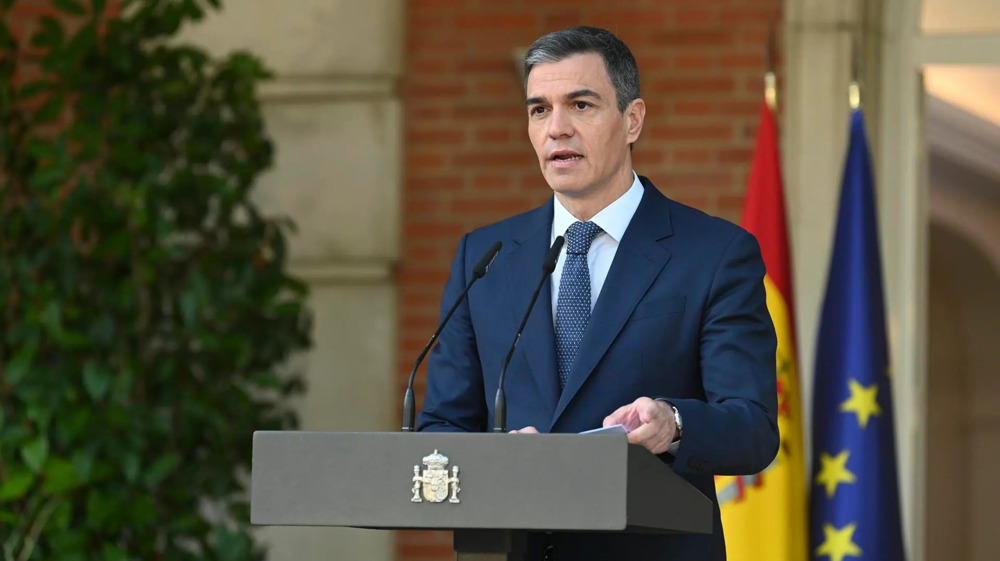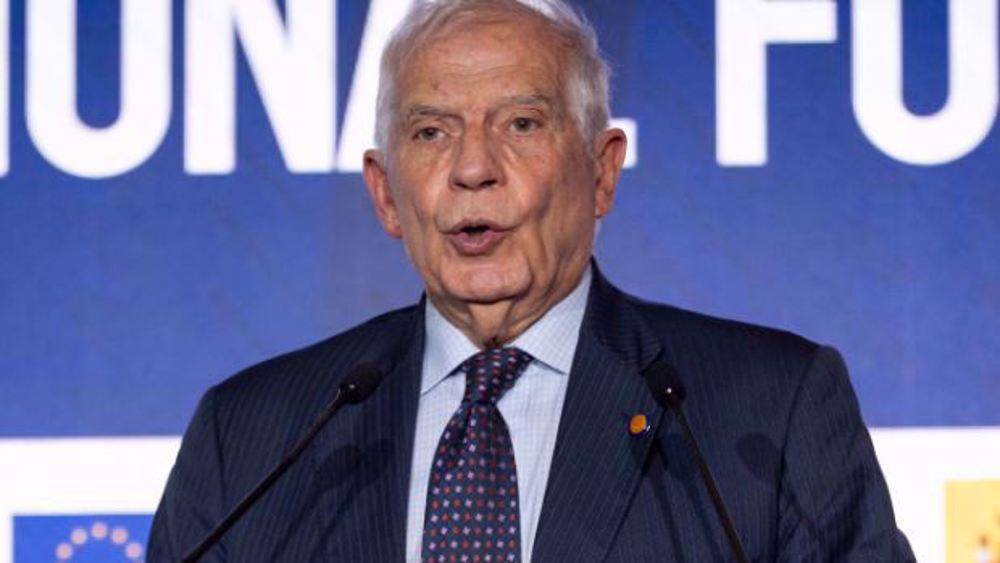Steel workers stage massive protest rallies across Germany
Thousands of German steel workers have held a series of massive protest rallies amid uncertainty over the future of steel business in the European country.
The powerful IG Metall union said on Monday that 45,000 workers joined demonstrations in capital Berlin, the western city of Duisburg and the southwestern state of Saarland on Monday.
The angry demonstrators protested against the ongoing turmoil in the industry due to a global oversupply of steel, cheap imports into Europe, high costs and currency volatility.
They also denounced what they see as a flood of cheap steel from China and unfair environmental regulations from Brussels.
This comes as IG Metall union is demanding greater job protection if Thyssenkrupp, steel industry heavyweight, merges its steel business with that of India's Tata Steel.
The German steelworkers fear they could face a similar fate to their peers in Britain, where Tata has put its entire steel business up for sale, putting thousands of jobs at risk.
Ingo, a 28-year-old protester, who identified himself only by his first name, at a march towards Thyssenkrupp's steel headquarters in the city of Duisburg also raised serious concerns about the future of their sector and demanded greater job guarantees.
"I have another 39 years left to work. I don't want to be left on the street," Reuters quoted Ingo as saying.
Addressing a crowd of more than 17,000 protesters in Duisburg, Guenter Back, head of Thyssenkrupp Steel Europe's central works council, said, "We are not prepared to be bystanders if you are in your back rooms making plans for us."
Also addressing the massive rally in Duisburg, Social Democrat Economy Minister Sigmar Gabriel said that the steel industry employs 87,000 people directly in Germany.

Gabriel vowed to fight for the German steel in Brussels, the de facto capital of the European Union (EU), where the industry fears new climate regulation, that will make steel production uneconomical, and more favorable trade terms for China.
"We have nothing against China getting market economy status but only if it behaves like a market economy," the minister said, referring to the coveted World Trade Organization (WTO) status that Beijing is expected to attain in December.
The EU has set import duties on some Chinese steel products under pressure from Britain, France and Germany.
In recent years, China has ramped up production, selling excess steel on world markets at prices European producers cannot match.
Latest ballots polls show Harris, Trump tied as voting continues
UNRWA warns of humanitarian collapse in Gaza
'Hello my enemies': Lebanese journalist on Israeli threats and his resolve to continue
Outrage in France as MP proposes bill to ban criticism of Israel
VIDEO | The strategy of Hezbollah in war
Israeli military withdraws several brigades from southern Lebanon: Report
48-year-old Palestinian man serving 48 life terms completes 22 years in Israeli jails
From MKO to Tondar, how Germany became safe haven for anti-Iran terror groups














 This makes it easy to access the Press TV website
This makes it easy to access the Press TV website